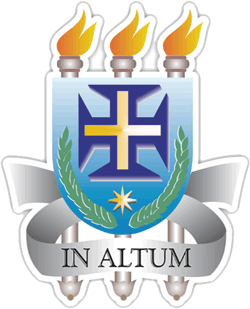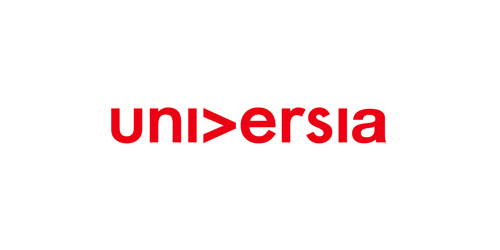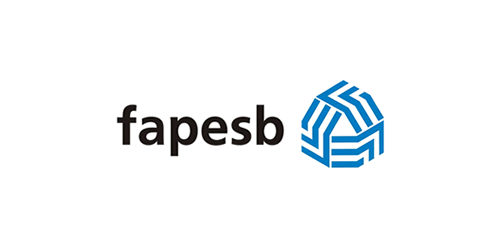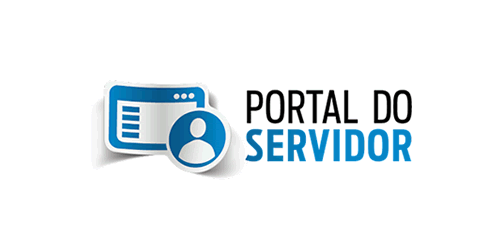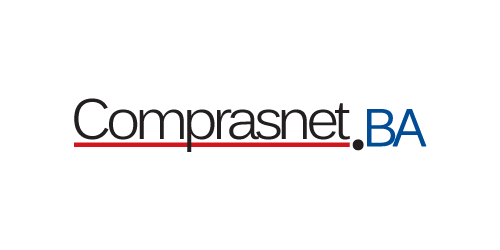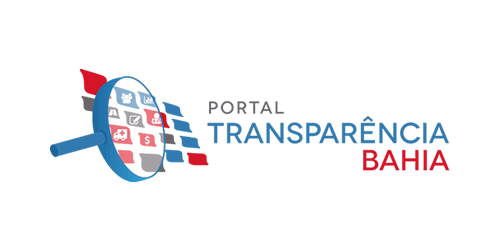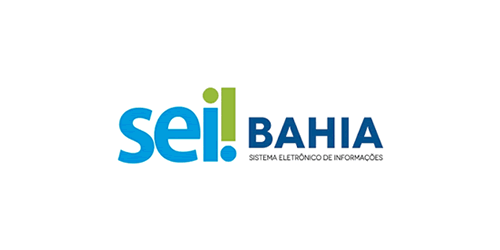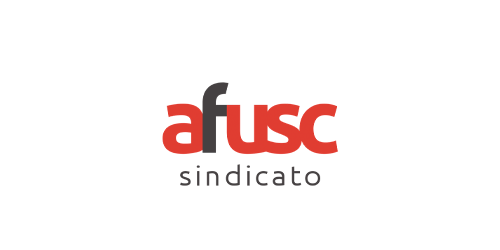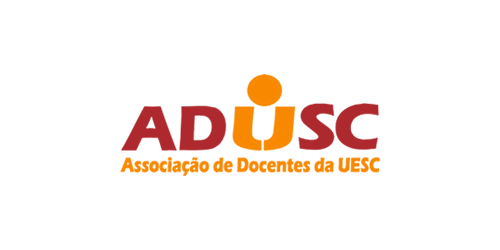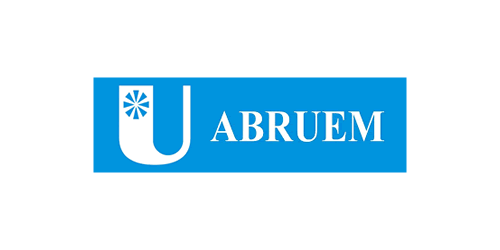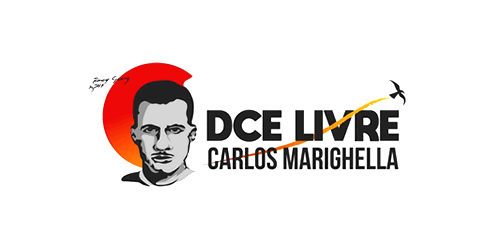Master's and Doctoral Program in Science and Mathematics Education
Research Lines
This research line aims to investigate the initial and continuing education of teachers of Science and Mathematics at all education levels (Kindergarten, Elementary, Secondary, and Higher Education) from the perspectives of their practices, theories and epistemologies, in different teaching and learning contexts.
Among this line interest topics are:
a) research on the conceptions, ideas and imaginary of teachers in initial or continuing education;
b) analysis on undergraduate courses in Science and Mathematics, with reflections on the pedagogical practice in different training spaces, such as the Supervised Internship, the Pedagogical Residency, and the Institutional Program for Scholarship Initiation to Teaching (PIBID);
c) analysis on programs and courses in permanent and in-service training for teachers in the areas of Science and Mathematics;
d) research related to the teacher's role when involved with the production, application, and evaluation of teaching proposals, considering research of a participatory nature, action-research, among others that make it possible to rethink pedagogical practice with the objective to train the knowledge and competencies relevant to teachers.
Research Line 2: Teaching and Learning in Science and Mathematics Education
This line groups together research that concern teaching and learning processes that involve the various areas of Science and Mathematics. Among the main interest focuses of this line, the following can be highlighted:
a) the proposals, practices and curricular organizations developed in the teaching of Science and Mathematics in the various educational modalities;
b) the theoretical and epistemological foundations related to the Science and Mathematics teaching and learning;
c) the cognitive, affective, and motivational factors influence, among others, in these areas teaching and learning processes;
d) the students' conceptions, ideas, and representations regarding different concepts in Science and Mathematics;
e) the meanings, conceptions, knowledge and expectations that students present in relation to Science, Technology and Society (STS);
f) the Information and Communication Technologies (ICT) use for learning Science and Mathematics;
g) the proposition of innovative educational materials and their analysis for learning;
h) Science dissemination and popularization for its use in different learning spaces (formal, non-formal and distance learning);
i) current objectives for learning, involving Scientific Literacy processes and CTS education.
